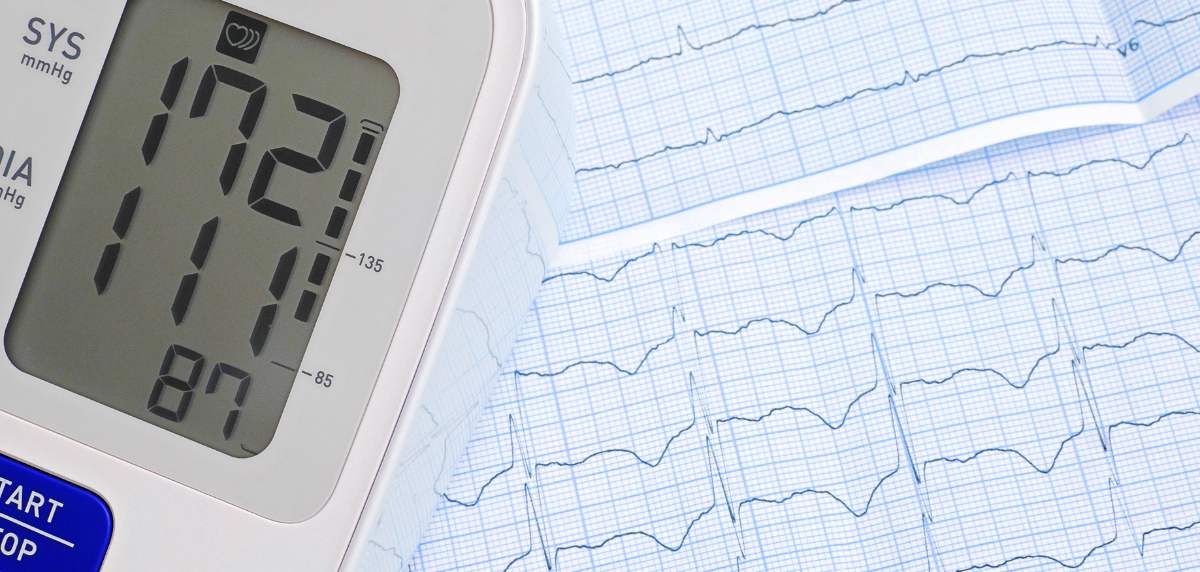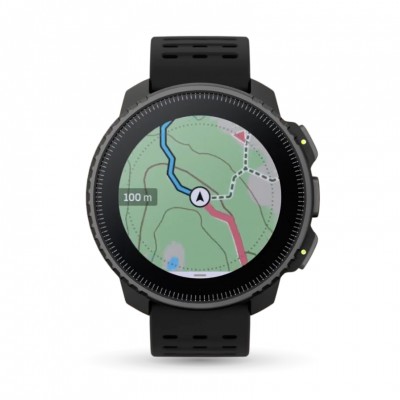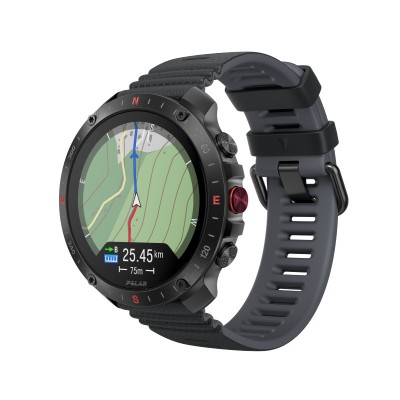High blood pressure is one of the most common conditions in the modern world, affecting millions of people. Although exercise is one of the most effective ways to control blood pressure, the question surge: is it safe to run if you have hypertension? At RUNNEA we want to explore what science has to say about it, and also offer you guidelines on how you can run safely if you have somewhat elevated blood pressure.
Not sure which running shoe to choose?
In a few simple steps we help you to choose the ideal running shoe for you
Go to the Shoe Finder
What is high blood pressure?
To put it simply, high blood pressure is a medical condition in which the force of blood flow against the walls of the arteries is consistently too high. It is considered a risk factor for cardiovascular diseases such as heart attacks and strokes.
Some time ago, hypertension was defined as a systolic pressure exceeding 140 mmHg and a diastolic pressure above 90 mmHg. However, in 2017, the American College of Cardiology introduced an update to these criteria, establishing new guidelines for identifying hypertension.
- Having a resting systolic blood pressure greater than 130 mmHg.
- Having a resting diastolic blood pressure greater than 80 mmHg.
The dilemma of running and hypertension

Running is a physical activity that provides numerous benefits for cardiovascular health. However, when it comes to hypertension, the situation requires a more personalized analysis. At RUNNEA we already talked about how to lower blood pressure through exercise in an article by Iker Muñoz, PhD in Physical Activity and Sport Sciences, and Mireia Peláez Puente, PhD in Physical Activity and Sport Sciences. Their conclusion showed that moderate aerobic exercise can be beneficial for people with hypertension. But it is crucial to take into account the intensity and duration of exercise to avoid possible risks.
On the one hand, performing aerobic exercise, such as running, is widely recognized for its cardiovascular benefits. According to a study published in the Journal of Hypertension, regular aerobic exercise can significantly reduce systolic and diastolic blood pressure in people with hypertension.
However, intense exercise can also cause a temporary increase in blood pressure. A study in the American Journal of Cardiology showed that people with hypertension experienced a more significant increase in blood pressure during high-intensity exercise compared to people with normal blood pressure. This temporary increase could be dangerous if you already have elevated blood pressure, especially if the condition is not well controlled with medication or lifestyle changes.
- Associated Risk Factors: One of the most complex aspects of this dilemma is that hypertension rarely comes alone. It is often associated with other cardiovascular risk factors such as obesity, high cholesterol and diabetes. These factors can further complicate the relationship between running and hypertension, making exercise prescription more delicate.
- Variability in response to exercise: In addition, not everyone responds to exercise in the same way. According to a study published in the Journal of the American Heart Association, blood pressure response to exercise can vary significantly among individuals. Some people experience a significant decrease in blood pressure after running, while others may experience a temporary increase.
- Interaction with medications: Another layer of complexity is added when considering antihypertensive medications. Some medications may interact with exercise, altering its efficacy or causing undesirable side effects. For example, certain beta-blockers may limit the heart's ability to respond to intense exercise, which could make running less safe or effective in lowering blood pressure.
- Psychological considerations: We cannot ignore the psychological impact of hypertension on willingness to exercise. Fear of suffering a cardiovascular event can be a significant obstacle. According to a study in the Journal of Behavioral Medicine, this fear can deter people from participating in physical activity, thus perpetuating a cycle of inactivity that can worsen hypertension.
- The Importance of Personalization: Given this complex landscape, personalization of the exercise regimen is crucial. Iker Muñoz and Mireia Peláez Puente emphasize the importance of an individualized approach that takes all these factors into account. This could involve stress testing, regular monitoring, and adjustments to the treatment and exercise plan.
Guidelines for safe running

If you have non-severe and controlled hypertension, running can be an excellent way to improve your cardiovascular health, as long as, as we said, you take certain precautions. Here are some recommendations based on scientific evidence:
Consult your doctor
Before beginning any exercise program, it is crucial that you talk to your doctor, especially if you have hypertension or any other medical condition.
Start with a proper warm-up
A study published in the Journal of Sports Sciences suggests that a proper warm-up can prepare your cardiovascular system for exercise, which may be especially important for people with hypertension.
Light rolling vs. sets
While moderate aerobic exercise, such as gentle rolling, has been shown to be effective in lowering blood pressure in studies published in journals such as "Hypertension," high-intensity interval trainingHIIT) has also shown benefits. However, HIIT can be riskier if you have hypertension, so it's best to start with quieter runs and consult your doctor before incorporating sets or sprints.
Exercise duration
A meta-analysis in the British Journal of Sports Medicine suggests that exercise sessions of at least 30 minutes are effective in lowering blood pressure. However, the ideal duration may vary from person to person.
Using a heart rate monitor
Wearing a heart rate monitor can be a great way to monitor your effort and make sure you're not exceeding recommended limits. A study in the Journal of Human Hypertension showed that staying within a target heart rate range can be beneficial for people with hypertension.
Listen to your body
If you experience symptoms such as dizziness, excessive shortness of breath or chest pain, stop exercising immediately and consult a physician.

Regular medical checkup
Once you've established a routine, it's vital to continue regular medical checkups to monitor your blood pressure and adjust your treatment plan as needed.
Scientific evidence suggests that running can be a safe activity for people with hypertension, as long as the necessary precautions are taken. Medical consultation and a personalized approach are key to ensuring that running is beneficial to your cardiovascular health.
Read more news about: Running Training





















